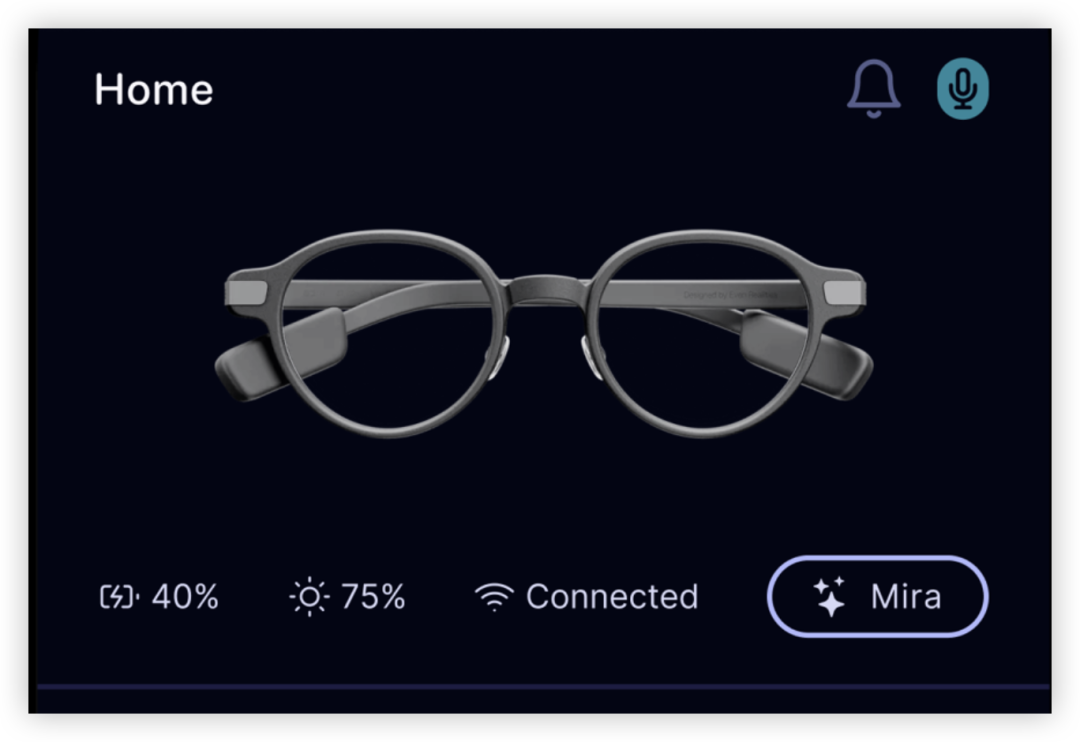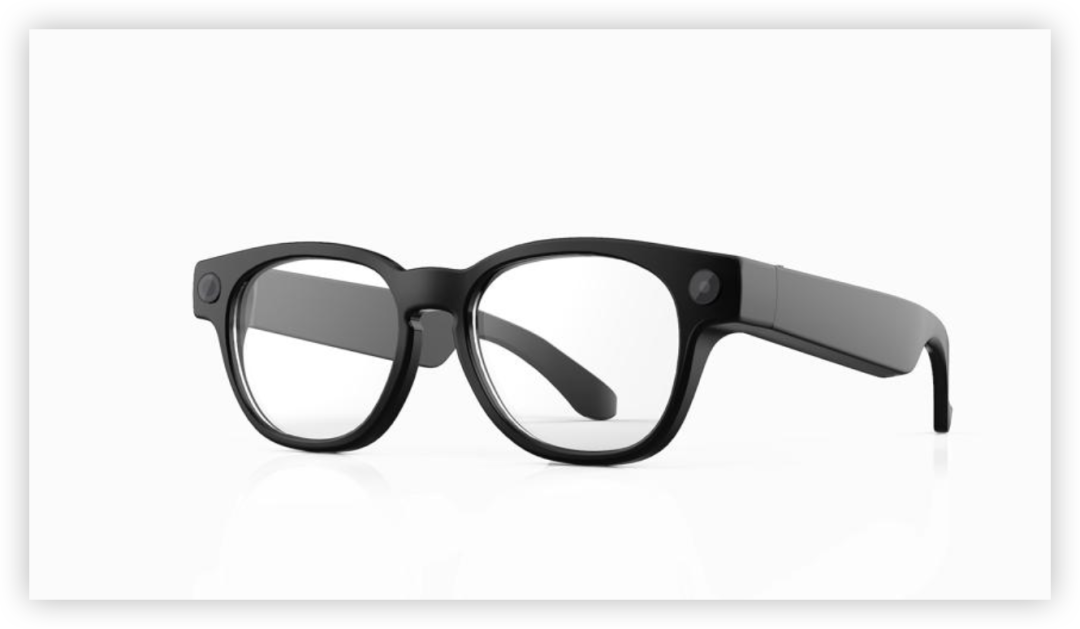Android for Smart Glasses? Mentra Raises $8 Million to Build an Open OS Ecosystem

Smart glasses, long hailed as the "next-generation computing platform," have always seemed on the verge of a breakthrough. While hardware innovation has never been lacking, one core pain point has persisted—a universal, open, and truly developer-friendly operating system. Now, San Francisco startup Mentra is stepping in with its ambitious open-source MentraOS 2.0, aiming to fill this gap and even become the "Android" of smart glasses.
Silicon Valley Legends Back an $8 Million Vision for Smart Glasses
Mentra recently announced an $8 million funding round, powering the official launch of MentraOS 2.0. The investor list is impressive: Android co-founder Rich Miner, YouTube co-founder Jawed Karim, Pebble founder Eric Migicovsky, and top names like Y Combinator, Toyota, and Amazon's venture arms. This collective endorsement from industry legends and institutions is the highest recognition of Mentra's vision.
Mentra's goal is clear and bold: to become the default software layer for a new generation of lightweight XR (extended reality) glasses. Founder and CEO Cayden Pierce vividly describes it as "the Android for smart glasses," aiming to support all-day wear, real-time AI, and cloud-native apps.
Open Ecosystem: Breaking Free from Walled Gardens
Unlike industry giants like Meta and Google, who favor vertically integrated, tightly controlled app stores, Mentra is taking the opposite approach—focusing on openness, modularity, and practicality. This differentiated strategy is key to attracting top investors and developers.
MentraOS 2.0 already supports multiple hardware platforms and delivers core features like real-time subtitles, voice translation, instant notifications, and a smart AI assistant. More importantly, its open SDK lets developers create cross-device apps, and the Mentra app store supports running multiple apps simultaneously, with access to real-time sensors and user context—crucial for all-day smart glasses experiences.

Pierce emphasizes: "Hardware is mature, AI is here, but we still lack a unified OS. We're not just doing hype demos—we're building infrastructure for the next generation of personal computing." This statement highlights the industry's long-standing pain point and Mentra's determination to be the "hero behind the scenes."
From Subtitles to Ecosystem: The Persistence of a Dreamer
Mentra's story began seven years ago with an inspiration. As a college student, Pierce read a study showing that students who watched real-time subtitles retained more information. "That moment was an epiphany," he says. "Subtitles extend intelligence. I wanted to have them everywhere, anytime." He started developing a subtitle app for smart glasses, only to find no suitable framework—this "discovery" became the starting point for everything Mentra would become.
Today, MentraOS runs not only on its own devices but also on hardware from Even Realities, Vuzix, and others. This fall, Mentra will launch Mentra Live, a modular smart glasses kit with camera and audio features, mainly for enterprise and developer users, with a pre-sale price of $249. By early 2026, Mentra's subtitle-enabled display glasses are expected to hit the market, priced between $339 and $599.
While hardware is part of the plan, Mentra's core business model centers on its software platform. The Mentra app store will generate revenue through developer subscriptions and app sales, similar to Apple or Google, but promises more flexible, developer-friendly revenue sharing. Pierce says: "We don't seek to control the whole ecosystem. We want hardware makers to adopt MentraOS so their users can access real apps built by real developers."
Pierce's background is also remarkable. He worked with wearable computing pioneer Steve Mann at the University of Toronto and later studied at MIT Media Lab under Pattie Maes. He met co-founder Alexander Israelov while building open-source smart glasses in a camper van in Canada.
Mentra now boasts a community of over 4,000 developers and partnerships with many enterprises and educational institutions. Co-founder and app lead Nicolo Micheletti reveals: "Dozens of apps have already been built on MentraOS, covering real-time translation, proactive AI, schedule reminders, and language learning. And this is just the beginning. With the launch of Mentra Live, we expect a wave of new visual AI apps—like real-world games, AI guides, fitness assistants, and cooking coaches."
Is the "iPhone Moment" for Smart Glasses Coming?
Mentra's arrival is a shot in the arm for the long-stagnant smart glasses market. As hardware matures and AI advances, an open, universal OS is the key bridge connecting users, developers, and manufacturers. MentraOS, with its open strategy, could break down existing barriers, attract more developers, and enrich application scenarios—truly pushing smart glasses from the lab to the mainstream and ushering in their "iPhone moment."
With the launch of MentraOS 2.0 and a growing ecosystem, we have every reason to believe smart glasses will become indispensable companions in daily life, opening a smarter, more connected future.
分享文章
3篇相关文章
Smart Glasses' Biggest Challenge: Not Technology, But Trust?
2025-08-01
Smart glasses technology is maturing rapidly, but trust issues have become the biggest barrier to adoption. This article delves into the paradox of 'innovation versus trust' and outlines breakthrough strategies for the XR industry.
Alibaba's 'Quark AI Glasses' Makes Stunning Debut: Your Next 'Phone' Worn on Your Eyes?
2025-07-31
Smart glasses, once seen as exclusive to sci-fi films, are now accelerating into reality. As tech giants place their bets, Alibaba enters with its 'Quark AI Glasses,' announcing not just a new attempt in smart wearables, but extending an invitation: your future might just be 'worn' before your eyes.
AI Leaps onto Your Eyes! Brilliant Labs' Latest Smart Glasses Revealed!
2025-07-29
Brilliant Labs is set to launch its next-generation smart glasses featuring AI personal assistant capabilities, heralding a new chapter in AI-reality interaction.